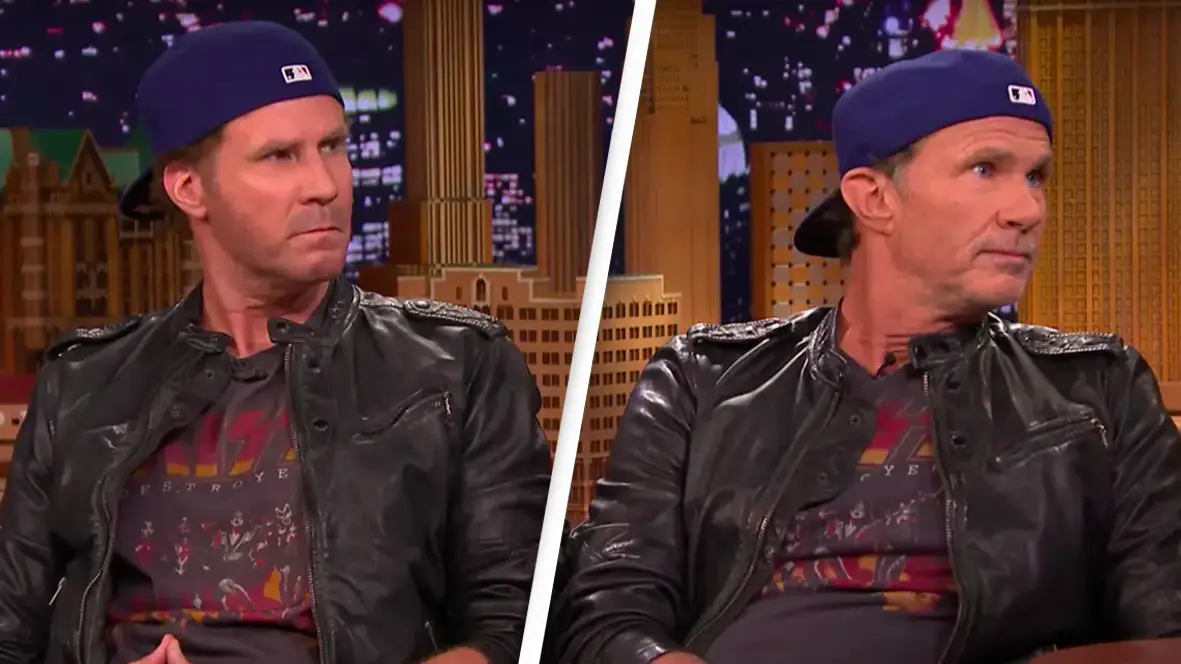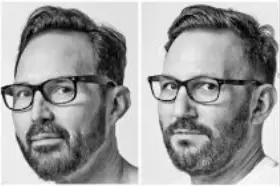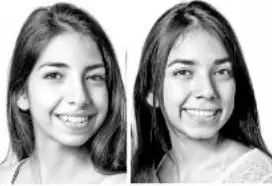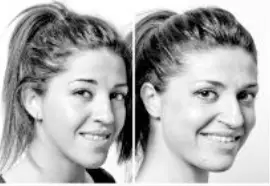
Scientists have worked out why some people look the same, despite not being related.
We've all seen the comparisons of strangers and celebs who look so similar they could be twins. Zooey Deschanel and Katy Perry - we mean you.
So, what causes the eerie similarity, and does it have any impact on their behaviour? Well, scientists in Barcelona deep-dived into just that.

Advert
The research team was led by Professor Manel Esteller and based at the Joseph Carreras Leukaemia Research Institute.
As part of their study, the team collected photos of genetically unrelated lookalikes and compared them with their DNA.
If you're wondering how exactly they found the lookalikes, the team drew on the work of François Brunelle, a Canadian artist that had been gathering photos of lookalikes since 1999, which is a hell of a commitment.
Still, the work proved useful and Esteller said of the group: "This unique set of samples has allowed us to study how genomics, epigenomics, and microbiomics can contribute to human resemblance."
So, what exactly did the scientists find?

Well, it turns out that doppelgängers likely have similar DNA.
"Our study provides a rare insight into human likeness by showing that people with extreme lookalike faces share common genotypes, whereas they are discordant at the epigenome and microbiome levels," lead scientist said.
In short, the team found that 'genomics clusters them together, and the rest sets them apart'.
Now, if you're wondering whether the lookalikes shared any behavioural traits and whether this could be scientifically explained, the team looked into it.
And, turns out, that similar genes not only make the lookalikes, well, look alike, it may also influence their habits and behaviours.

Traits like smoking and education could be correlated in lookalike pairs, with Esteller saying: "We provided a unique insight into the molecular characteristics that potentially influence the construction of the human face.
"We suggest that these same determinants correlate with both physical and behavioural attributes that constitute human beings."
There you have it, those that lookalike really do seem to share more than just a face shape, and the findings could have a significant impact on society moving forward.
"These results will have future implications in forensic medicine — reconstructing the criminal's face from DNA — and in genetic diagnosis — the photo of the patient's face will already give you clues as to which genome he or she has," Esteller said.
If you have a story you want to tell, send it to UNILAD via [email protected]